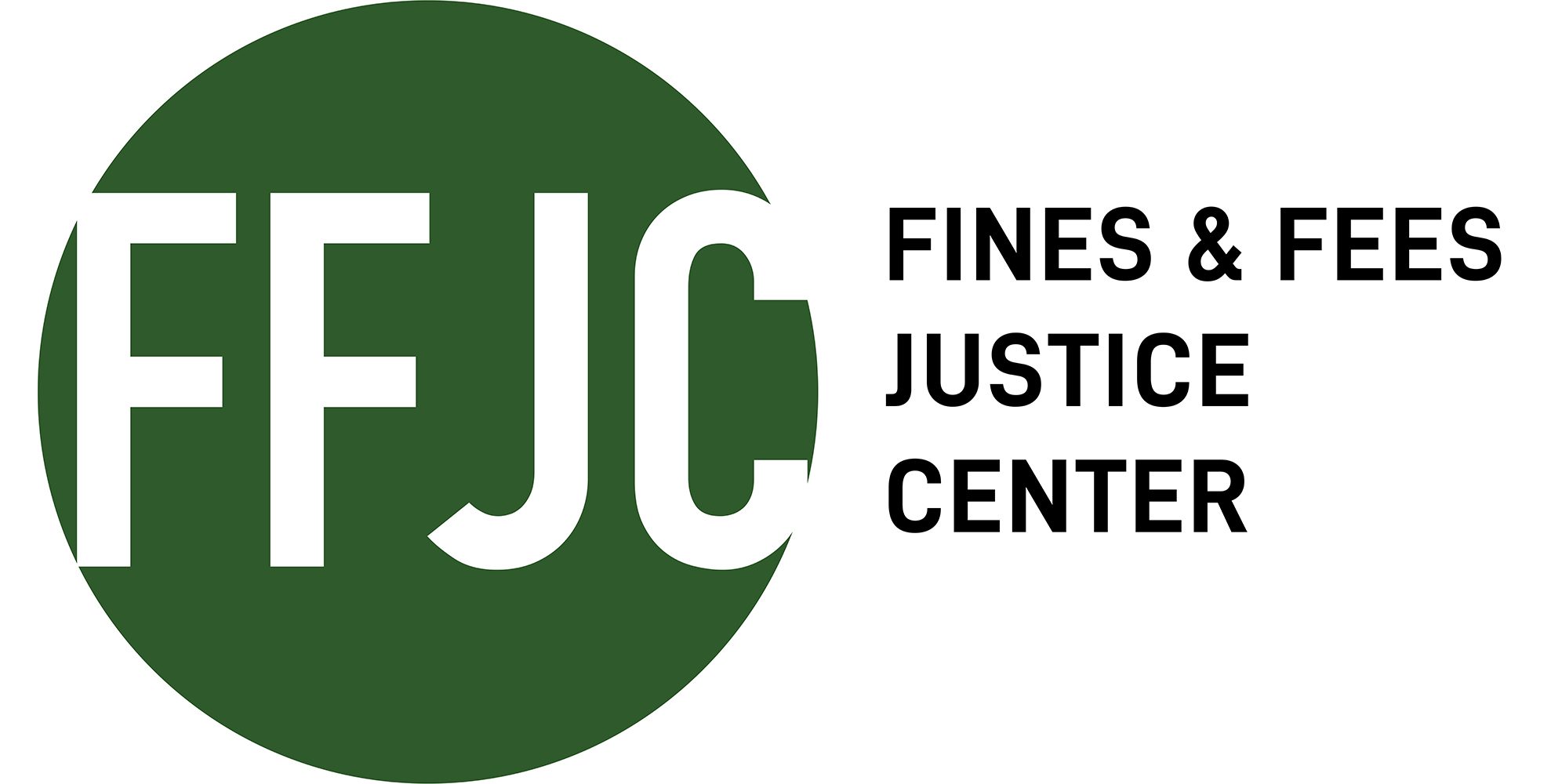City of Slater v. State (Missouri)
This case challenged the constitutionality of a $3 surcharge imposed on litigants in municipal court for the sheriff’s retirement fund. The trial court dismissed for lack of standing. The appellants claimed to have standing as taxpayers, administrators, and as one who paid the surcharge.
